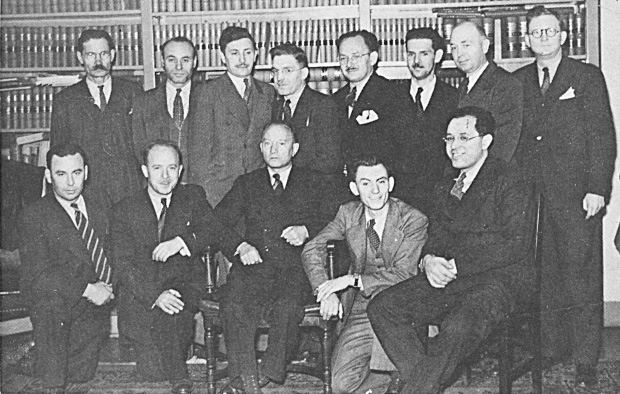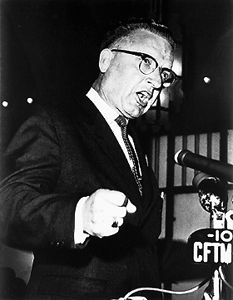Article
Communist Party of Canada
The Communist Party of Canada, founded in 1924 as the Canadian branch of the international Communist movement, is a fringe political party that advocates for a pure socialist society based on the ideas of Vladimir Lenin and Karl Marx.





